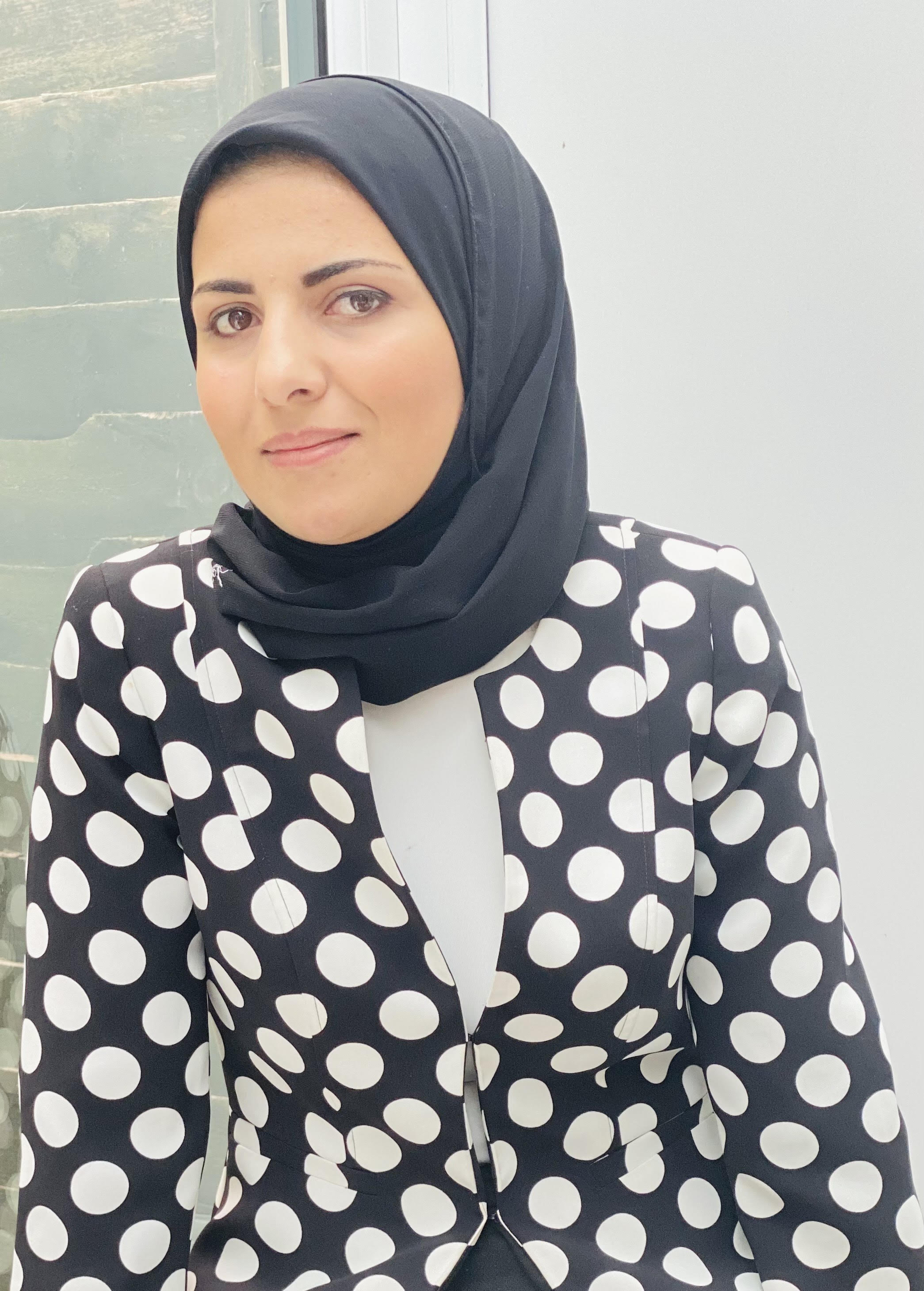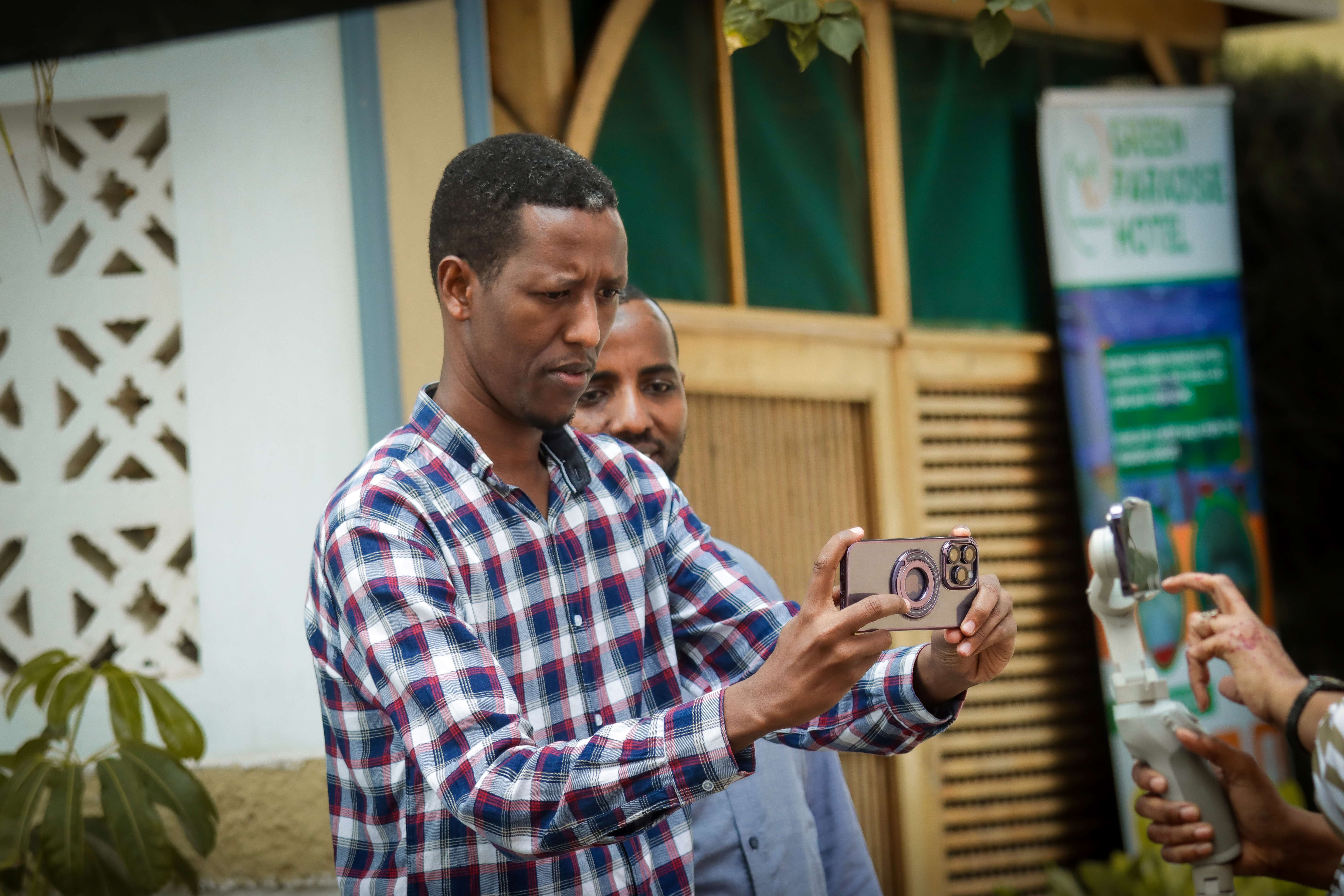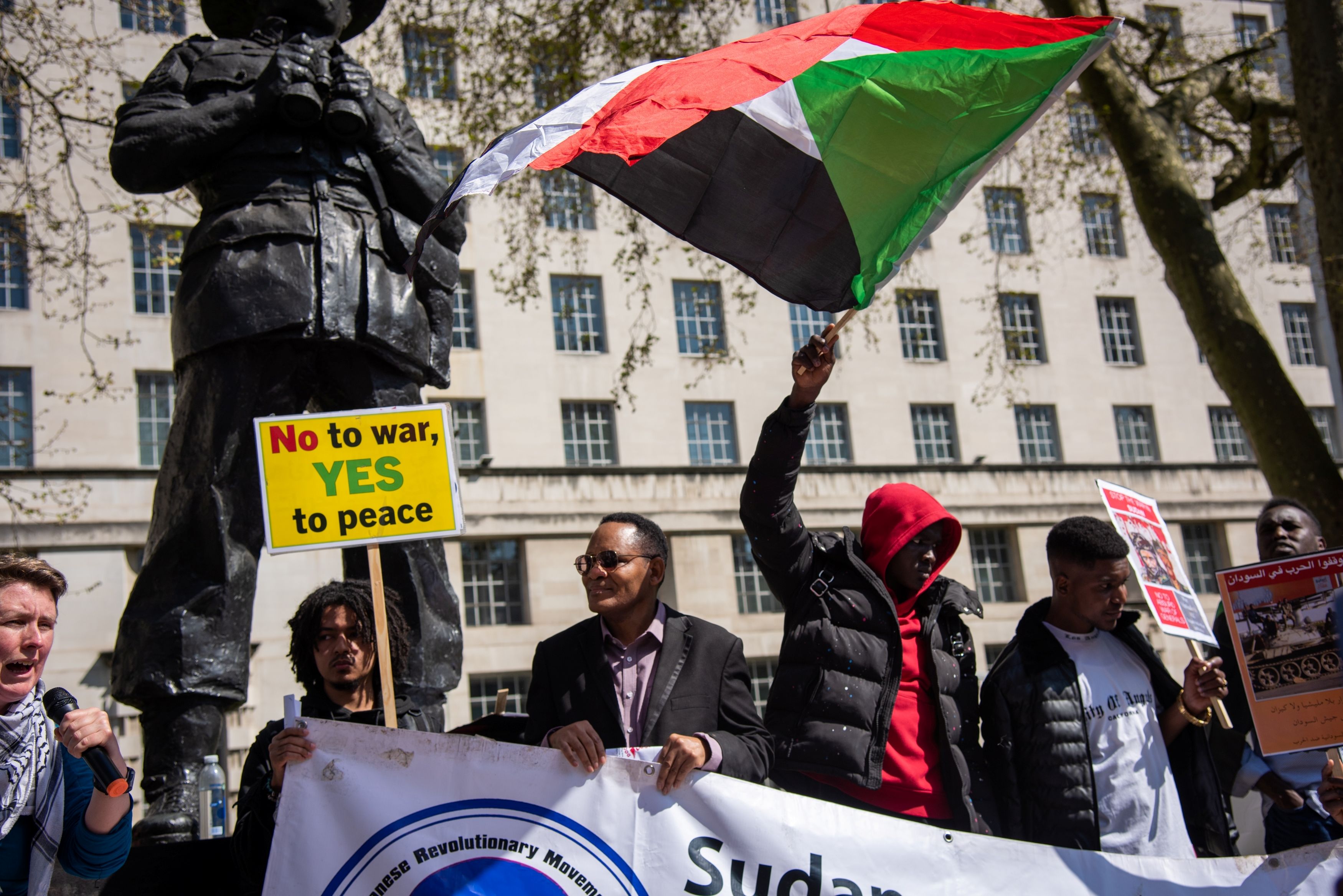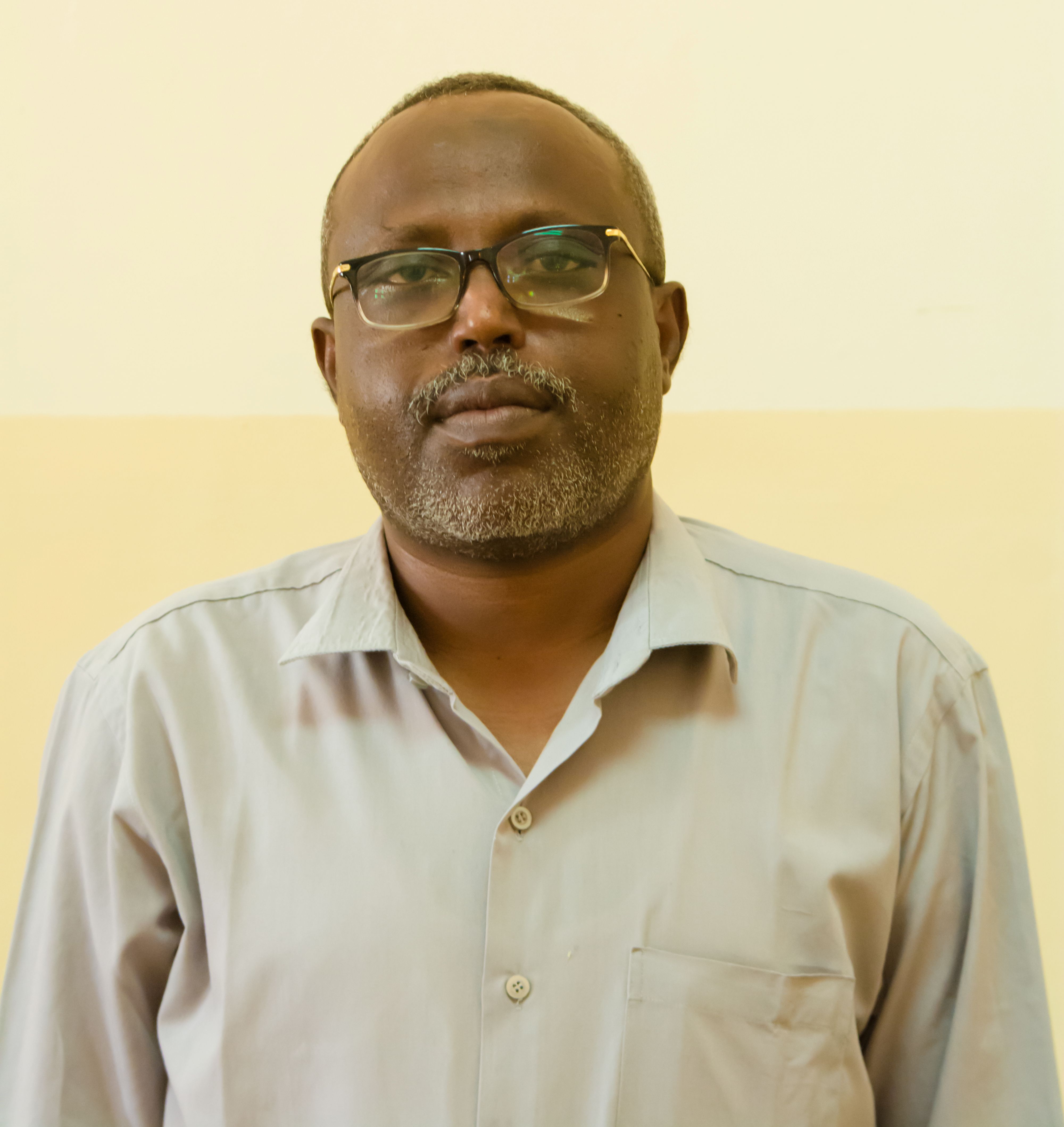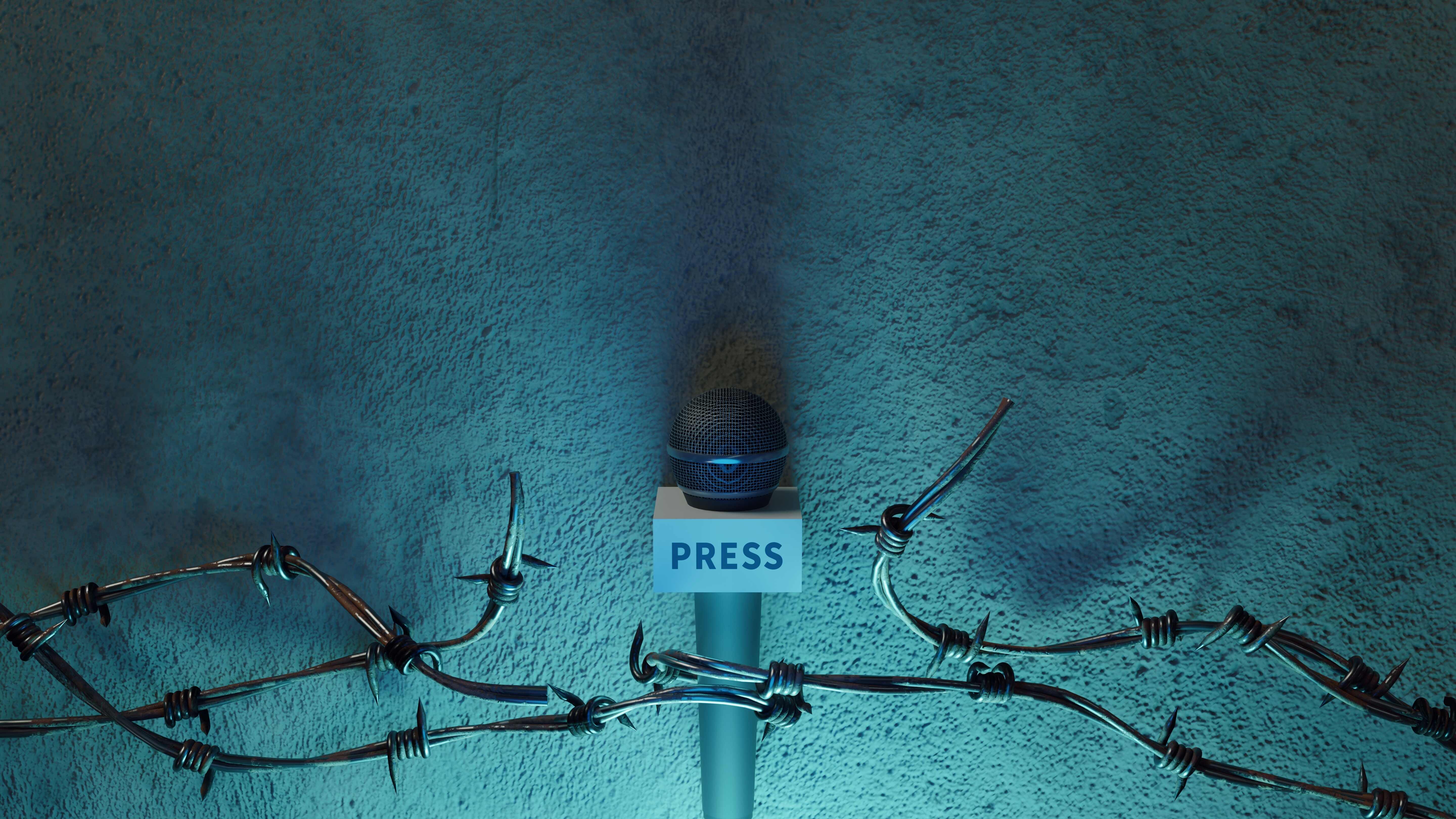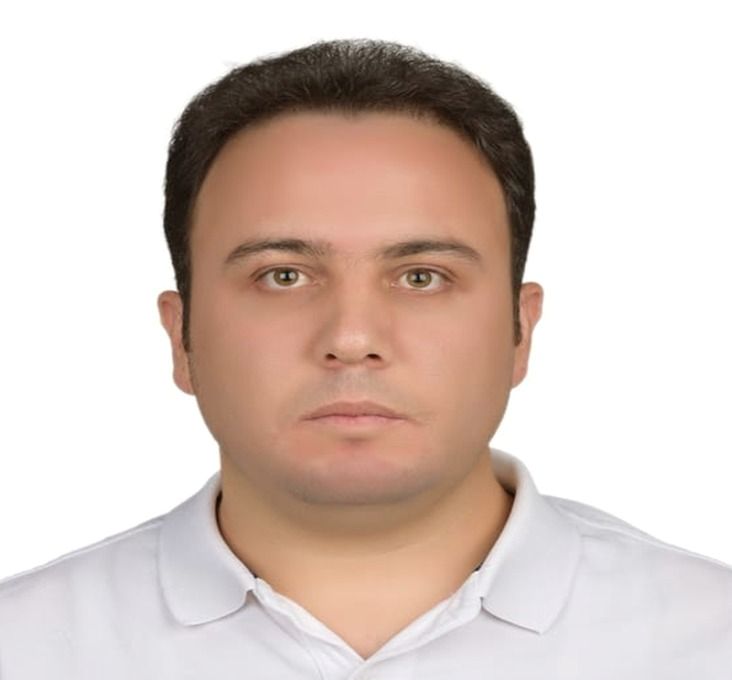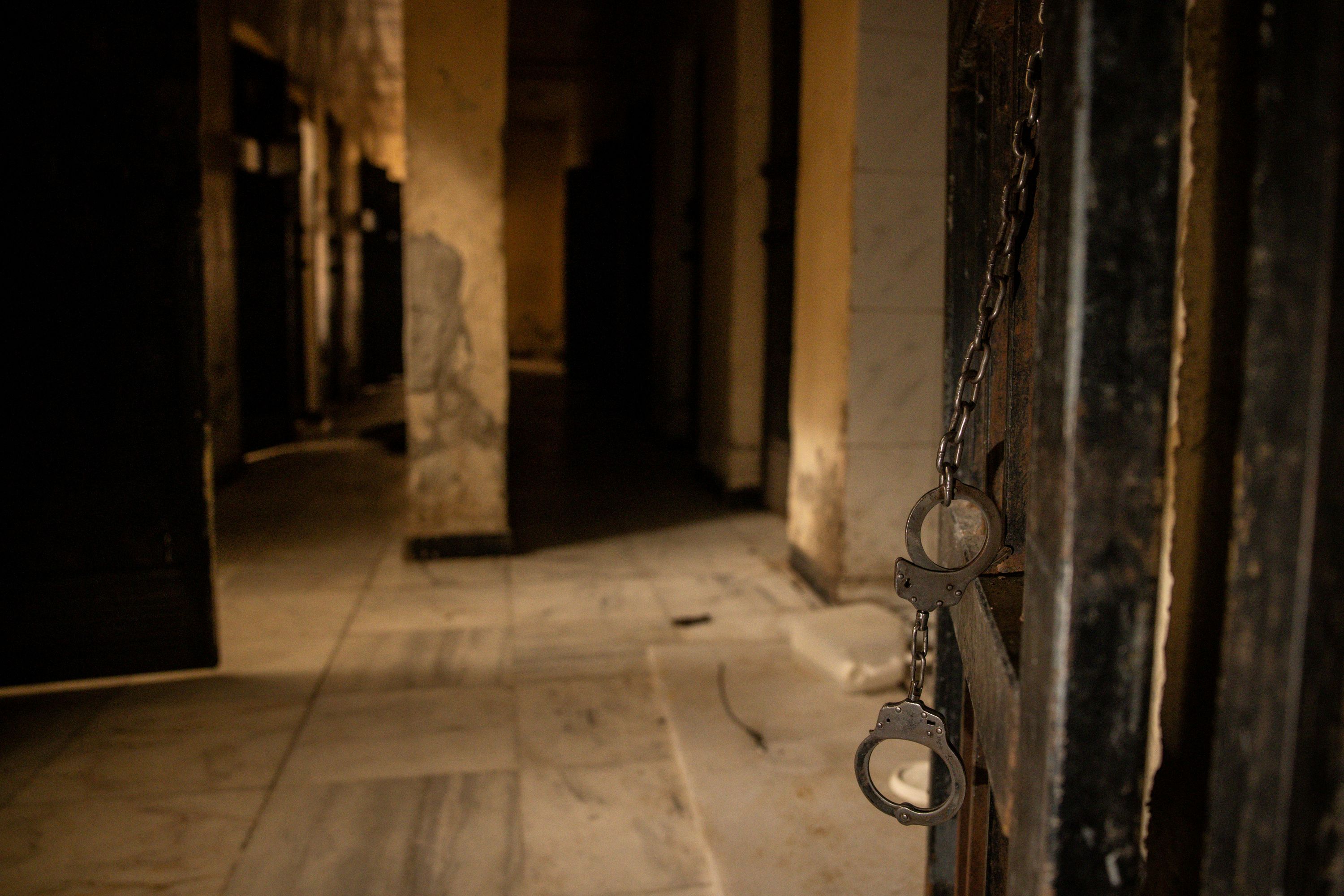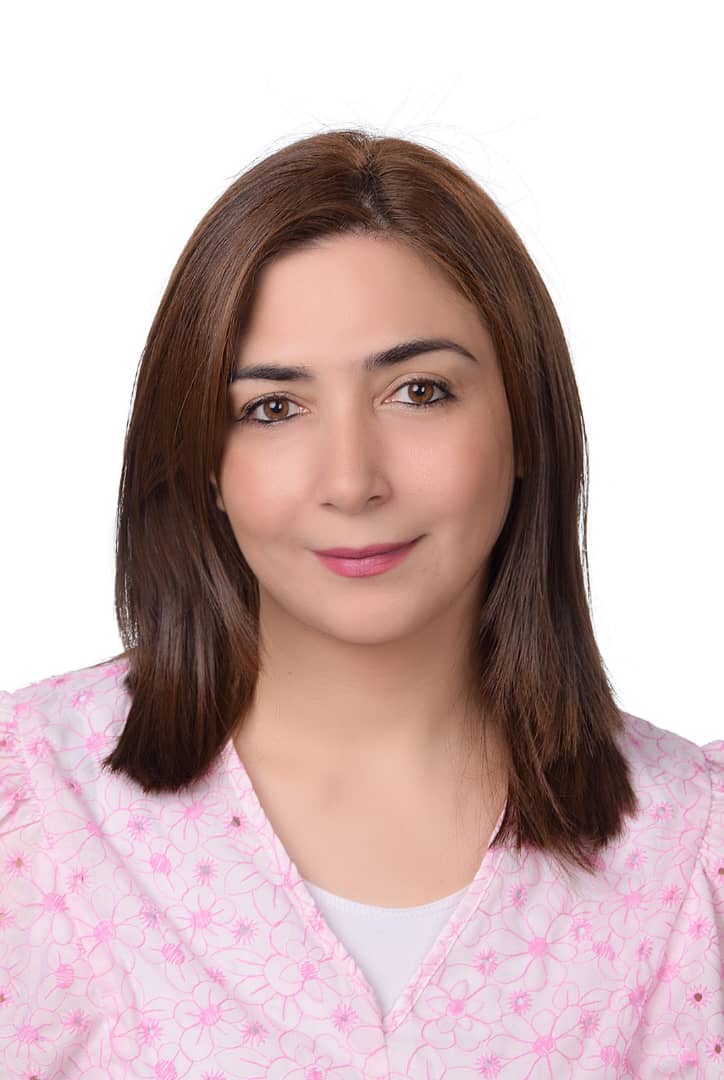A Zimbabwean journalist invited by the US embassy in Harare to ‘monitor’ the US Midterms has been labelled a ‘Western spy’ by some people at home
Since 2019, October 25 has come to be known as “Anti-Sanctions Day” in Zimbabwe. On this day, various activities take place to shine a light on the sanctions imposed on Zimbabwe by the US and its Western allies since 2001.
This year, as usual, thousands of protesters gathered around the country, including at the US embassy in Harare to protest. Some demonstrators have been camped out at the embassy for more than 1,000 days protesting the sanctions, which the Information Minister says have damaged the nation’s economy to the tune of more than $40 billion in lost revenues, “through loss of international markets for manufactured products”.
Besides the sanctions themselves, there is bitter disagreement between the US and Zimbabwe over what the sanctions are actually for. The US and its allies insist sanctions were imposed in protest against unfair elections and violence against opposition activists. But Zimbabwe maintains that the sanctions have really been imposed in retaliation for the land reform programme initiated by Robert Mugabe in 2000.
The Midterms invitation
Into the midst of all this steps an independent journalist, Blessed Mhlanga, who stopped by the US embassy in Harare a few days after the October 25 protests. Following his visit, he tweeted: “I went to check if the anti-sanctions message had been received @ the @USEmbZim. I asked why they observe our elections and we don't observe theirs. Well I was invited to the Midterms.”
With Zimbabwe’s own impending elections in 2023, the issue of free and fair elections is very much at the fore, particularly considering the ill-treatment of some local opposition leaders and journalists, mainly by the state apparatus and its supporters.
To his credit as a political journalist, Mhlanga has consistently probed all political players from both the ruling party and the main opposition party, asking vital questions that will help the electorate to make informed decisions. He is well known for his work - to both his readers and the government. On one of his assignments, during a recent election, he was arrested while trying to cover the story of an opposition leader being detained.
On his trip to the US, Mhlanga was joined by other foreign journalists covering the Midterm elections - a perfectly normal job and one that Zimbabweans might welcome being included in. But nothing is ever so straightforward.
Not a straightforward job
The invitation to Mhlanga to observe elections in the US has resulted in a backlash in Zimbabwe, especially from pro-government sectors, including the media, with some labelling him a “sellout”, or a “secret agent”. The criteria which was used to offer him the sponsored trip has not been revealed, further fuelling yet more suspicion, although Mhlanga said there were more than 90 applications for the tour with 25 selected.
His tweet announcing the trip evoked a barrage of protests, mainly from the online community of the ruling party, for the simple reason that anyone who associates with the US to advocate for democracy is considered a “Western agent”.
Zimbabwe allows foreign observers during elections. For that reason, the country passes the minimum election litmus test, although some have questioned the criteria of selected observers. Some observers have been accused of rubber stamping a flawed and questionable electoral process. However, as independent nations, Zimbabwe and the US have their own criteria to select journalists and organisations to observe their elections.
More important, however, are the reports of an embargo imposed on Ruben Barwe, a veteran journalist for the state Zimbabwe Broadcasting Corporation (ZBC), which throws the US’s commitment to “strengthen democracy” into question.
Barwe said that recently, he was denied a visa to the US to cover the UN summit, thwarting his democratic right to broadcast. If the US was serious about strengthening democracy, why then deny entry to this particular journalist? For his part, Barwe claims he was targeted simply for standing with the state of Zimbabwe against US sanctions.
Furthering a foreign agenda?
The journalism profession has come under siege in Zimbabwe, particularly those journalists accused of “furthering a Western agenda”. The labelling of particular journalists as being agents of the US is not however new to the country.
Those who refuse to be drawn into state propaganda are automatically labelled as “opposition” journalists, while it should be their right to support a party of their own choice. The decision to support a particular party only becomes topical when it involves opposition parties. This is clear as many senior civil servants have sworn allegiance to the ruling party and nothing has befallen them.
For nearly 22 years, since the onset of the sanctions, Harare has railed against the arrogance of the US which continues to lecture Zimbabwe about democratic processes and arguments over what the sanctions are really for have raged on.
But painting journalists as US sympathisers when they simply don’t swallow the state narrative whole in all aspects of social and political life is just part of this never-ending siege on Zimbabwe’s Fourth Estate.


